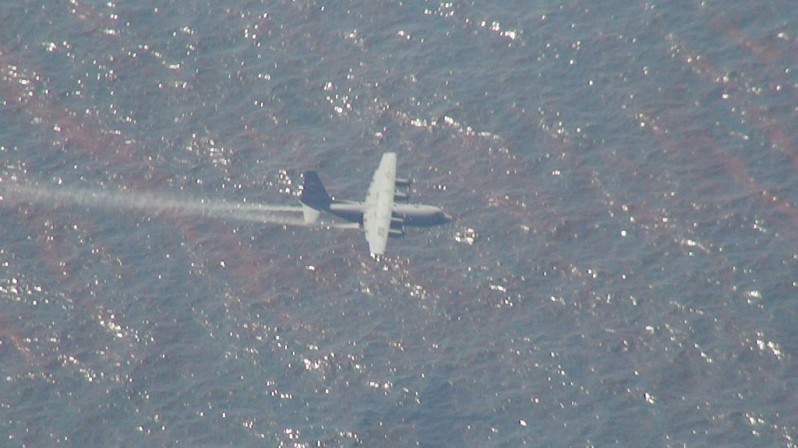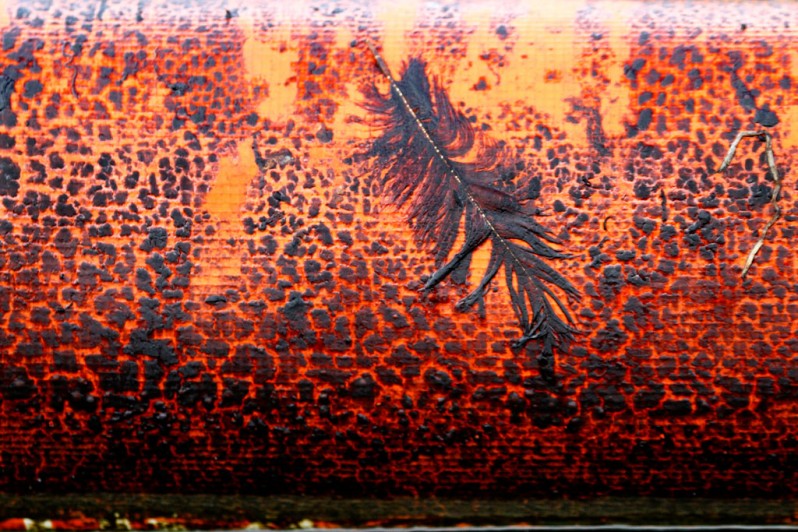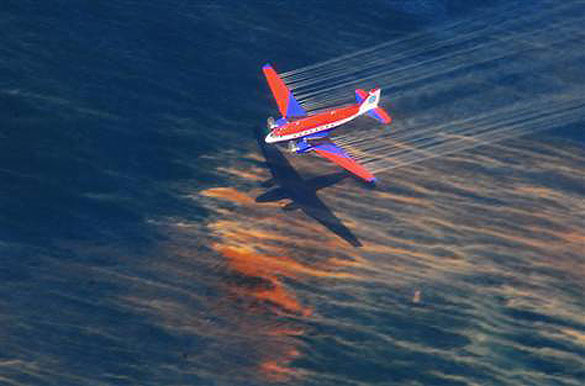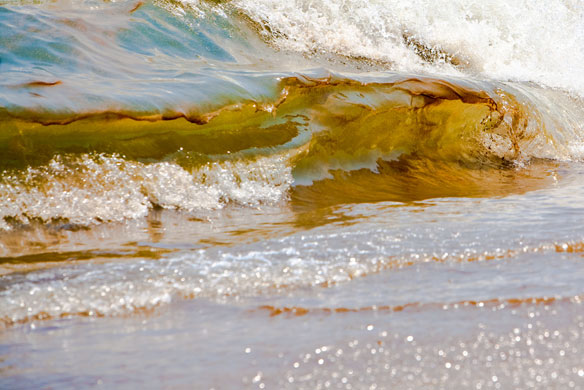Further Assessment Needed of Dispersants Used in Response to Oil Spills

Experts argue for further in-depth assessments of the impacts of dispersants on microorganisms to guide their use in response to future oil spills. Chemical dispersants are widely used in emergency responses to oil spills in marine environments as a means of stimulating microbial degradation of oil.
NOAA Announces Long-Term Gulf of Mexico Ecosystem Research Priorities

As part of the final version of the science plan for the NOAA RESTORE Act Science Program, NOAA announced 10 long-term research priorities in the Gulf of Mexico, including how the Gulf’s waters, natural resources, fisheries and coastal communities are all interconnected.
Sixty-Seven Years of Oil and Gas Drilling in the Gulf of Mexico

Deepwater drilling is increasing in the Gulf. Oil companies say it’s safer now, but critics say spills are inevitable.
Deepwater Disaster: Five Years On, Not Much has Changed—Including the Impulse to Drill

The nation’s costly and dangerous dependence on fossil fuel continues to endanger the lives of U.S. workers, the health of our waters, the lifeblood of coastal economies, and the survival of wildlife. Five years later, NRDC looks back on the people and places that endured the worst of the disaster, and whose lives continue to be harmed by its impact.
Is Gulf Oil Spill’s Damage Over or Still Unfolding?

Published research suggests the BP spill hurt wildlife, wetlands and Gulf marshes in countless ways, but as with virtually everything connected to the 2010 accident, scientists say it’s simply too early to tell about the long-term damage. And because the spill hit marine and estuarine systems already facing pollution and erosion, it can be difficult to document changes and isolate causes.
Dispersant Used to Clean Deepwater Horizon Spill More Toxic to Corals than the Oil

The dispersant used to remediate the 2010 Deepwater Horizon oil spill in the Gulf of Mexico is more toxic to cold-water corals at lower concentrations than the spilled oil, according to a new study.
Oil Dispersant Used in Gulf Oil Spill Causes Lung and Gill Injuries to Humans and Aquatic Animals

New research suggests that Corexit EC9500A, an oil-dispersal agent widely used in the Gulf of Mexico following the Deepwater Horizon oil spill, contributes to damage to epithelium cells within the lungs of humans and gills of marine creatures.
5 Years after Deepwater Horizon, Wildlife Still Struggling Dolphins Dying in High Numbers; Sea Turtles Failing to Nest

As the five-year anniversary of the explosion of the Deepwater Horizon oil rig approaches, a new report looks at how twenty species of wildlife are faring in the aftermath of the disaster.
Impact of Deepwater Horizon Oil on Beach Microbial Communities

Researchers studying the impact of the Deepwater Horizon spill on communities of beach microbes saw a succession of organisms and identified population changes in specific organisms that marked the progress of the oil’s breakdown.
